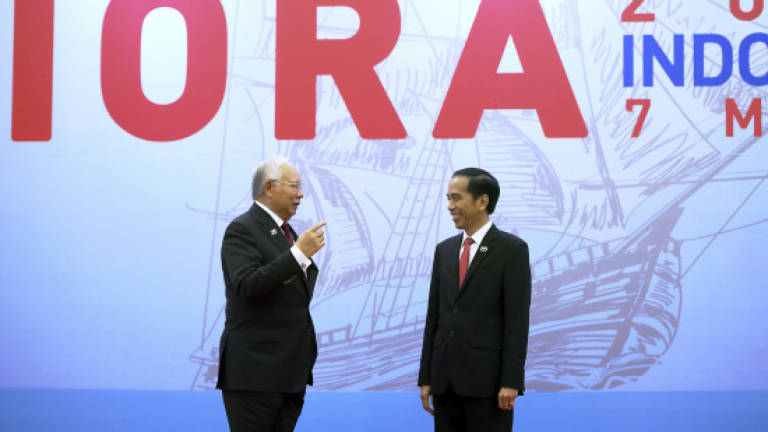Indonesia shows confidence to allow its citizens to work abroad as domestic helpers

PETALING JAYA: Indonesia's decision to allow its citizens to work as domestic helpers overseas shows they are confident with Malaysia's environment.
Nonetheless, both countries should have conditions that ensure that potential employers and employees' interests are protected should cases such as abuse emerge.
This includes identifying specific job scopes meant for them, Malaysian Maid Employers Association (Mama) president Engku Fauzi Engku Muhsein said when contacted today.
"Though we support very much (Indonesia's stand) Malaysia also should not depend on foreign labour and a single source. There should be a choice (the human labour's country of origin).
"We should also prioritise our local workforce first.
"Additionally, I strongly recommend for the government to have legislation to protect foreign workers," he added.
Engku Fauzi was responding to a Sin Chew Daily report that Indonesia said on Monday it will continue to allow its citizens to work as domestic helpers overseas.
The move is considered a U-turn on its earlier decision in 2015 as Indonesia's president Joko Widodo reportedly said they would not send women abroad to work as maids.
As the most populous nation in Southeast Asia sends tens of thousands of its maids work in countries such as Hong Kong, Singapore, Taiwan and Malaysia.
Despite occasional reports of maid abuse and near-slave living conditions for some, the relatively high pay in these host countries remains a draw for these workers.
Jakarta has announced earlier that to protect its women, it would stop its domestic helpers from working overseas this year, resulting in many impoverished Indonesian maids resorting to the use of illegal means to work overseas.
This encouraged human trafficking, prompting the Indonesian government to change its mind.
Confirming that Indonesia will not ban its maids from working overseas, the Indonesian Manpower Ministry however said it is negotiating with host countries for better treatment of these maids.
The ministry's director for the protection and placement of Indonesian migrant workers abroad, Soes Hindharno, said: "We don't want to stop them (maids) from going abroad, but we want to better protect them."
This, he said, included preventing them from being exploited such as being forced to perform duties outside their job scope.
"If they are hired to do housework, their job is to just do housework. If they are engaged to babysit, their job is to just babysit: you cannot ask a babysitter to also bathe your dog."
Nevertheless, Indonesia maintains the ban on its maids to work in Middle East countries.
The ban was imposed in 2015 to protect the pride and dignity of these workers following a series of cases of legal and human rights violations.
Domestic workers account for a third of some six millions Indonesian migrant workers.